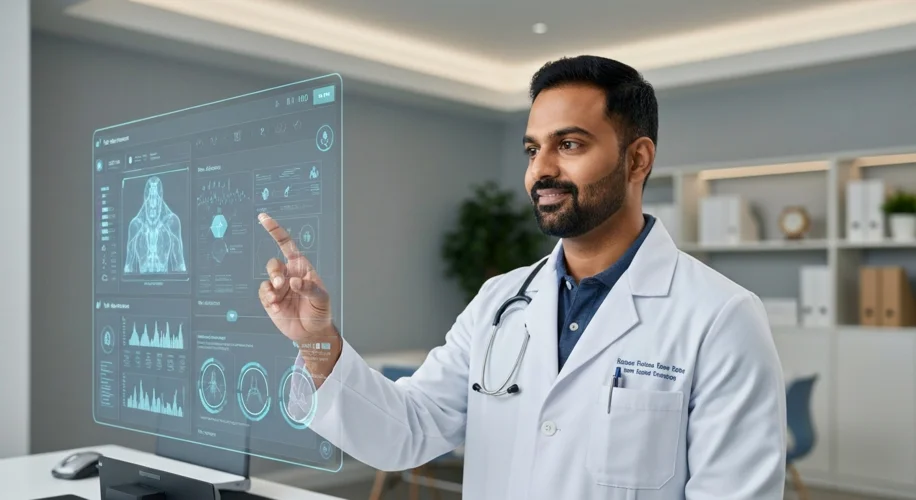It’s August 10, 2025, and the buzz around AI models like GPT-5 continues to grow. As a doctor, I’ve been watching this space closely, particularly how these advanced systems might impact the field of medicine. We’re often told about raw intelligence and processing power, but in medicine, reliability and accuracy are paramount. That’s why I wanted to share my perspective on GPT-5, not just as a tech enthusiast, but as a practicing physician.
When we talk about artificial intelligence in medicine, we’re not just discussing a tool for efficiency; we’re discussing something that could touch patient care directly. This is where the nuances of AI performance become critical. GPT-5, like its predecessors, is incredibly capable of processing vast amounts of information and generating human-like text. It can summarize research papers, draft clinical notes, and even answer complex questions. From my perspective, this is where its utility as a ‘second brain’ for medical professionals truly shines.
Imagine having an AI assistant that can instantly pull up the latest guidelines for a rare condition, or cross-reference drug interactions you might not immediately recall. This isn’t about replacing clinical judgment; it’s about augmenting it. It’s about having quick access to a breadth of knowledge that no single human can retain, freeing up cognitive load for the critical task of patient interaction and complex decision-making.
However, the conversation about AI in medicine cannot ignore the issue of reliability, especially concerning ‘hallucinations.’ Hallucinations, in the context of AI, refer to instances where the model generates confidently stated but factually incorrect information. In any field, this is a problem. In medicine, it can have serious consequences. A wrong piece of information, presented convincingly, could lead to a diagnostic error or an inappropriate treatment recommendation. This is why, for me, reducing hallucinations and ensuring factual accuracy are far more important than simply boasting about the model’s intelligence or the speed of its responses.
While GPT-5 represents a significant leap forward, the rigorous validation required for medical applications means we can’t just plug it into critical pathways without extensive testing. We need to understand its failure modes, its biases, and its limitations. The ideal scenario is an AI that acts as a trusted co-pilot, providing accurate, evidence-based information that complements, rather than dictates, medical decisions.
The potential is immense. AI could help democratize access to medical knowledge, support clinicians in busy environments, and perhaps even accelerate medical research. But as we move forward, it’s crucial that we approach the integration of AI in healthcare with a clear-eyed understanding of its capabilities and its inherent challenges. The focus must remain on building trust through demonstrable reliability and safety. We need to ask ourselves not just ‘Can it do this?’ but ‘Can we trust it to do this correctly, every time?’ That’s the real benchmark for AI in medicine.

